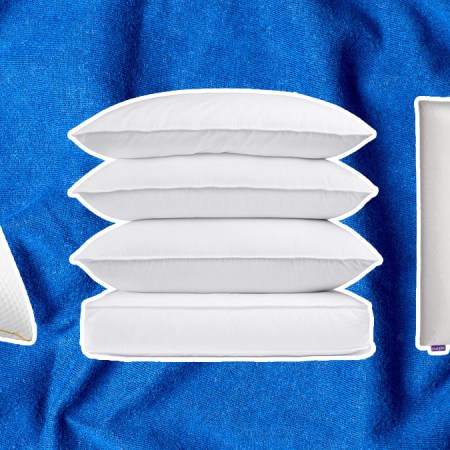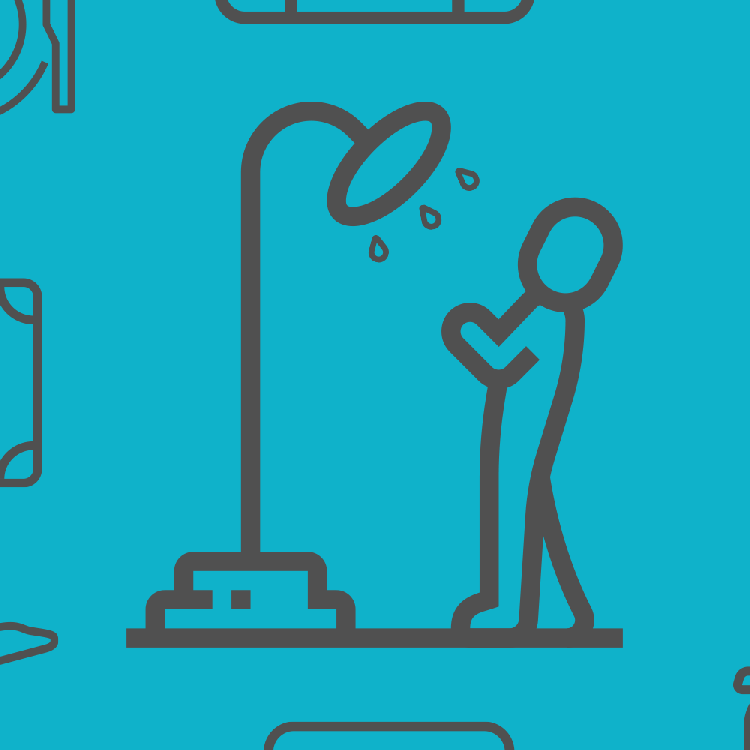Ask your nearest office-mate how happy they are with their work-life balance and its attendant sleeping patterns … and you’ll probably get a yawn.
But not just because the question itself is unsexy.
Director of the Center for Human Sleep Science Matthew Walker posits that there should be rules against under-rested employees in the workplace, in much the same way there are rules against showing up to work intoxicated or with an aggressive temper, arguing that “every key facet required for business success will fail when sleep becomes short within an organisation. “
It seems obvious enough: if you want creative, resourceful, motivated and sociable workers, let them rest. Walker reported that early studies at Berkeley have indicated that “sleep-deprived individuals also generate fewer and less accurate solutions to problems.” They also tend to choose the least strenuous tasks when faced with an array of work to do, contributing to a logjam that can quickly affect an operation’s bottom line.
But it can be hard to express the nuances of these domino chains in a profit-driven economy that prizes immediate results. One avenue the researchers explored was tracking employees’ assessments of their supervisor’s leadership while the latter was in varying states of being under-rested.
The results? Employees were more likely to call out weak leadership of tired supervisors. And further, the fatigue and attendant sour moods were found to be contagious within the office.
The ultimate takeaway, in the researcher’s own words: “Ounces of sleep offer pounds of business in return.”
This article was featured in the InsideHook newsletter. Sign up now.





















